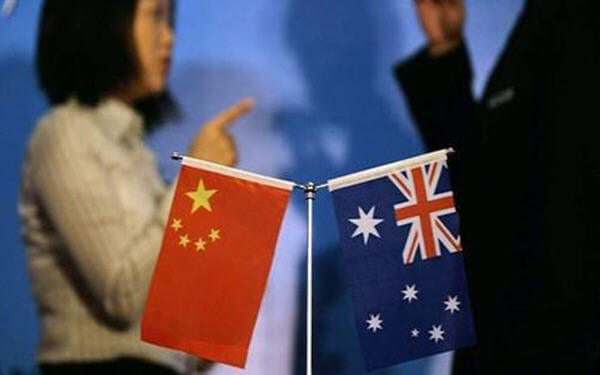
Chinese investors are turning cautious on Australia as a survey showed the No. 2 economy’s state-owned enterprises pulled back on deals for the first time in three years.
Total investment by Chinese buyers Down Under dropped 11 percent to $10.3 billion in 2017 from a year earlier, according to a KPMG LLP and University of Sydney report. While that’s part of a global trend after China tightened foreign investment rules and clamped down on capital outflows, the decline also reflects mounting political tensions, the report said.
“Sentiment has currently shifted, with a higher level of apprehension by Chinese investors towards investing in Australia,” said Hans Hendrischke, co-author and professor of Chinese business & management at the University of Sydney. “Seventy percent of respondents stated that the political debate had made Chinese companies more cautious about investing in Australia.”
Ties have soured since December, when Prime Minister Malcolm Turnbull cited reports of Chinese meddling with media, universities and lawmakers as a catalyst for tougher anti-foreign interference laws. Officials in Beijing accused Australia of running an anti-China campaign and exports of wine and meat have reportedly struggled to clear Chinese customs.
At a commercial level, the stakes are high: Australia is the most China-dependent developed economy, with about 36 percent of total shipments going to the mainland.
The ‘Demystifying Chinese Investment’ report showed investments by Chinese state-owned enterprises, or SOEs, dropped in both number and value for the first time since 2014. The overall decline in the value of investment last year was largely driven by an 89 percent fall in new infrastructure investment.
On a brighter side, private investment is picking up. Such buyers accounted for 83 percent of Chinese deal volume and 60 percent of deal value in 2017, up from 78 percent and 49 percent, respectively, in 2016.
Significant growth was also seen in mining — for the first time in several years — and healthcare. The former’s surge was mainly due to Yancoal Australia Ltd.’s purchase of Rio Tinto Group’s thermal coal assets.
Source: Bloomberg